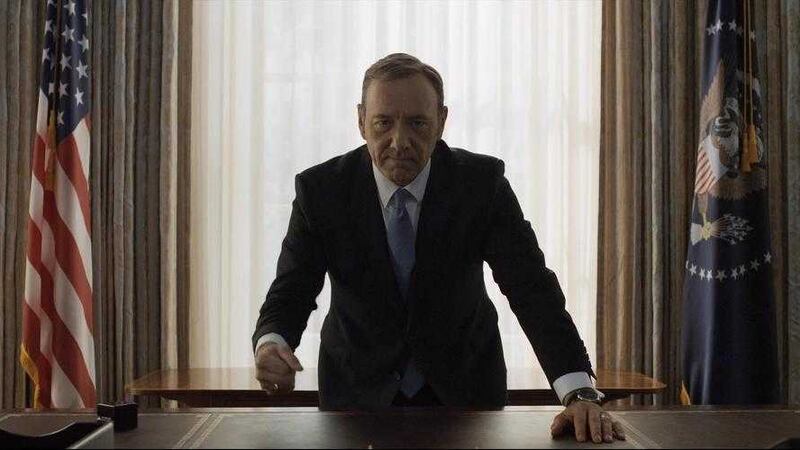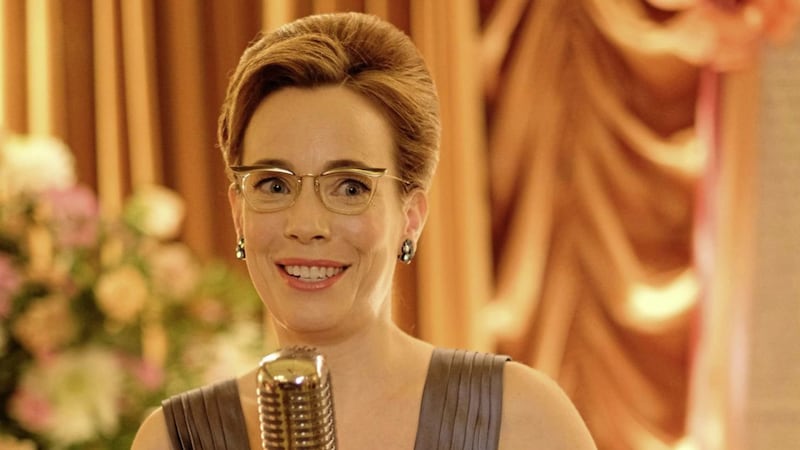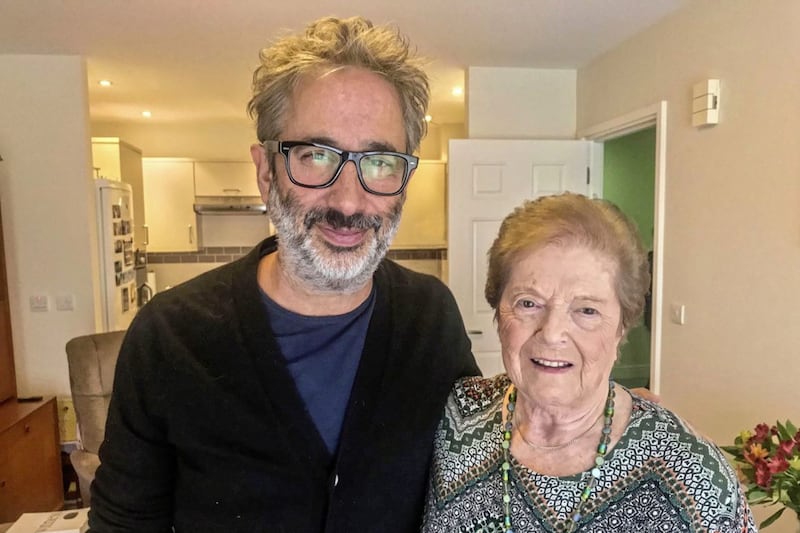House of Cards, Netflix
It used to be the marketing hype around cream eggs, but now it’s asked of streaming service subscribers - “how do you watch your House of Cards?”
Netflix released the fourth-series of its mega-hit last week and many of its die-hard fans will have spent the weekend watching the entire 13 episodes in a couple of sittings.
Others, including your reviewer, will have managed just a couple and will take four or five weeks to get through the latest Machiavellian moves of Frank Underwood.
The political drama is everything you expect from a US TV series. The writing is crisp, the plot and subplots are engaging, the acting is superb and the production values are on a cinema scale.
It’s also super current; Underwood is running in the 2016 presidential race as even more outlandish figures are seeking to move into the White House in the real world.
In fact, Netflix ran spoof presidential ads during the breaks in a real-life Republican contenders debate, which of course included Donald Trump.
A perhaps more interesting question however, is what the phenomena of House of Cards and Netflix means for the future of television and in particular public service television?
Netflix has more than 5 million UK and Irish subscribers and another 70 million around the world. Its budgets are big and it has been reported that its annual marketing spend alone is £700 million.
No doubt UK householders are looking at the £72 a year price tag and asking why they have to pay double that for the BBC.
Of course the BBC provides a lot more than movies and drama series, but the tendency to make a fair comparison fades when the penalty for not paying up is possible jail time.
In fact, Netflix has done an incredible job getting so many people to pay up when the trend in the internet is to expect everything for free.
There is a lesson here for those who cherish the BBC and the very notion that as citizens we pay into a collective fund to provide us with high-quality independent news, entertainment, culture and sport.
The problem with the Reithian vision that BBC chiefs cling to is that the man who said the corporation must "inform, educate and entertain" left it in 1938.
The world has moved on a little since then and so has the need for a huge monolithic BBC, when we have a world of entertainment and sport at our fingertips and no need for a state broadcaster to provide it.
If the BBC wants to reconnect with its audience (and we do need a public service broadcaster in this increasingly fragmented media world) then it must update Reith, and commit to merely inform us - at a much more competitive price.
***
The Toughest Trade, RTE 2, Thursday at 10pm
The GAA has always sought the affirmation of international comparison.
It’s logical for a sport isolated in one small island to seek others who will respect its skill levels and the fitness and dedication of its competitors.
The Toughest Trade does a wonderful job of this with the second series sending Tipperary hurler Brendan Maher to join up with a professional cricket team in Australia.
Meanwhile, a cricketer experiences the unique world of inter-parish rivalry in rural Co Tipperary.
You couldn't help but feel proud of Maher, the epitome of an Irish sports star as he charmed the Aussies while also convincing all of his ability.
It was striking when he asked the pro cricketers about the team's attitude to alcohol and it was more relaxed than an amateur game in Ireland.









